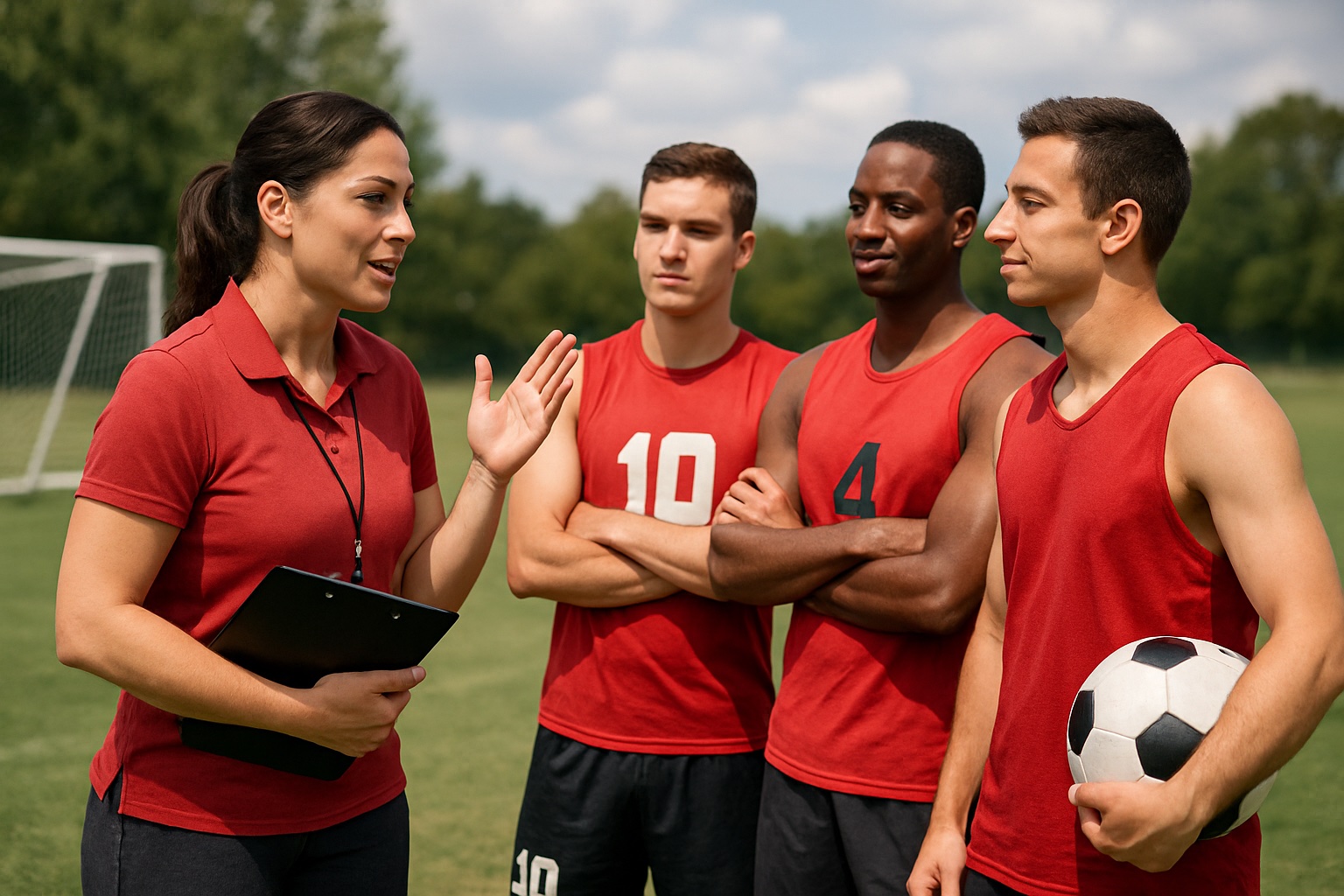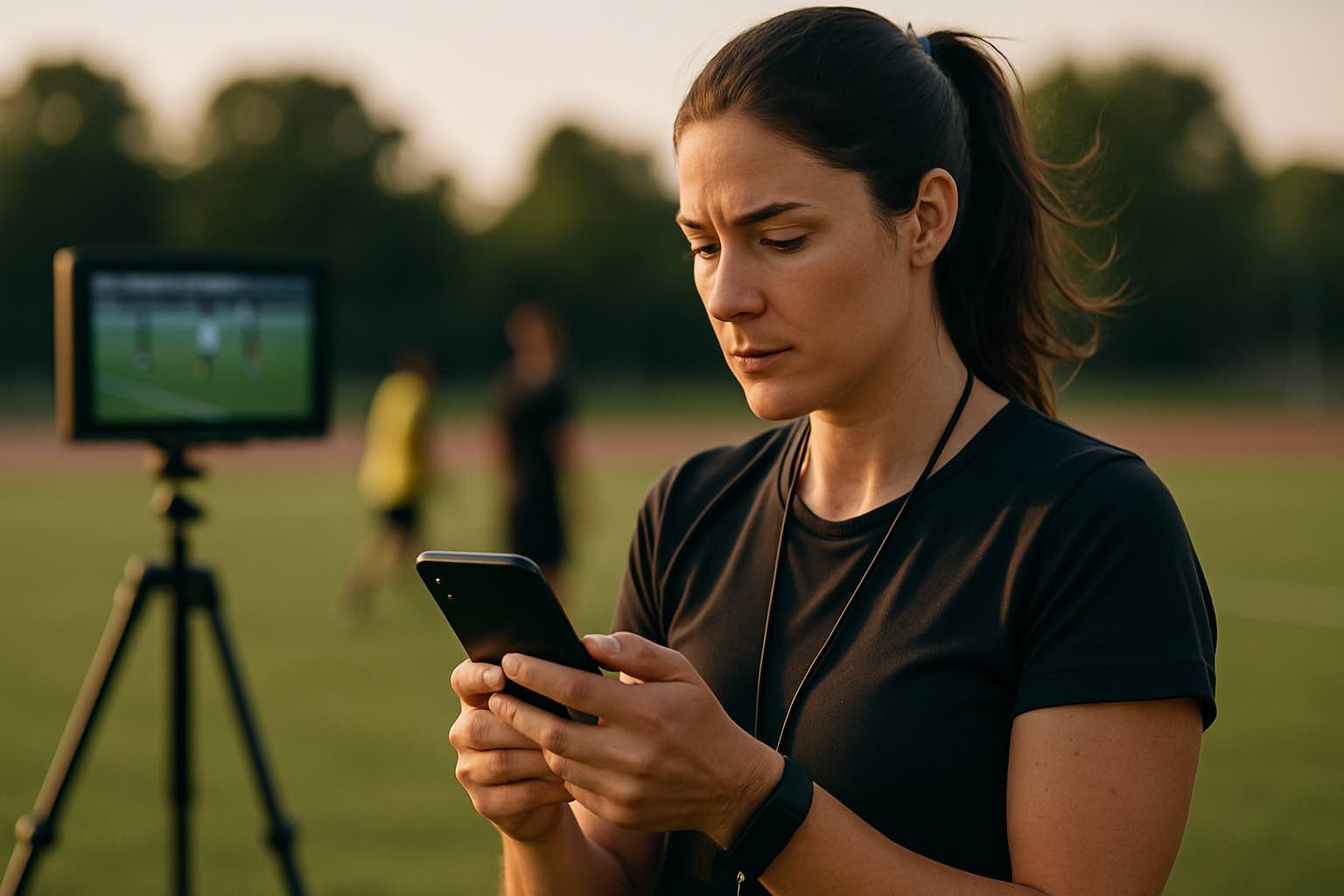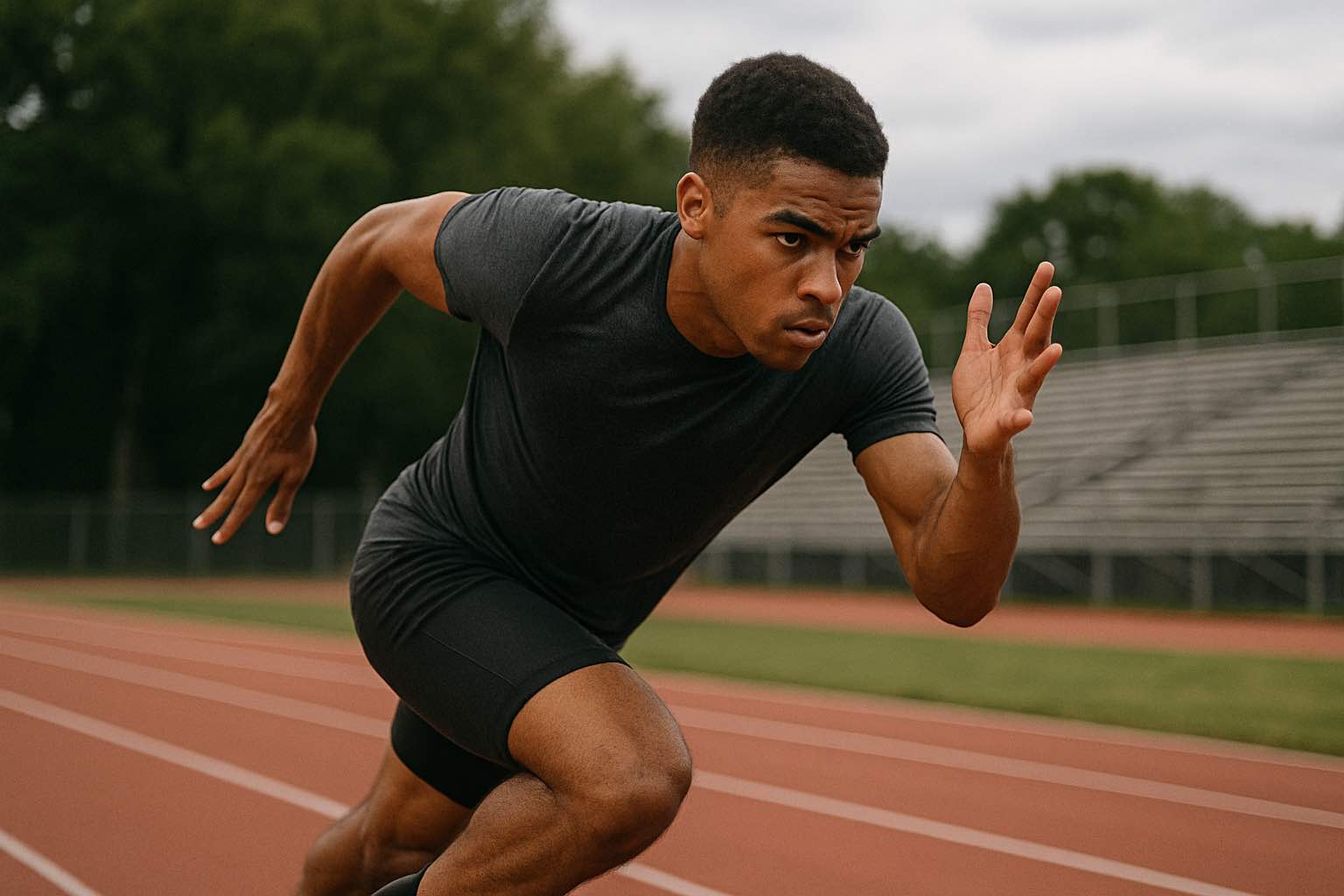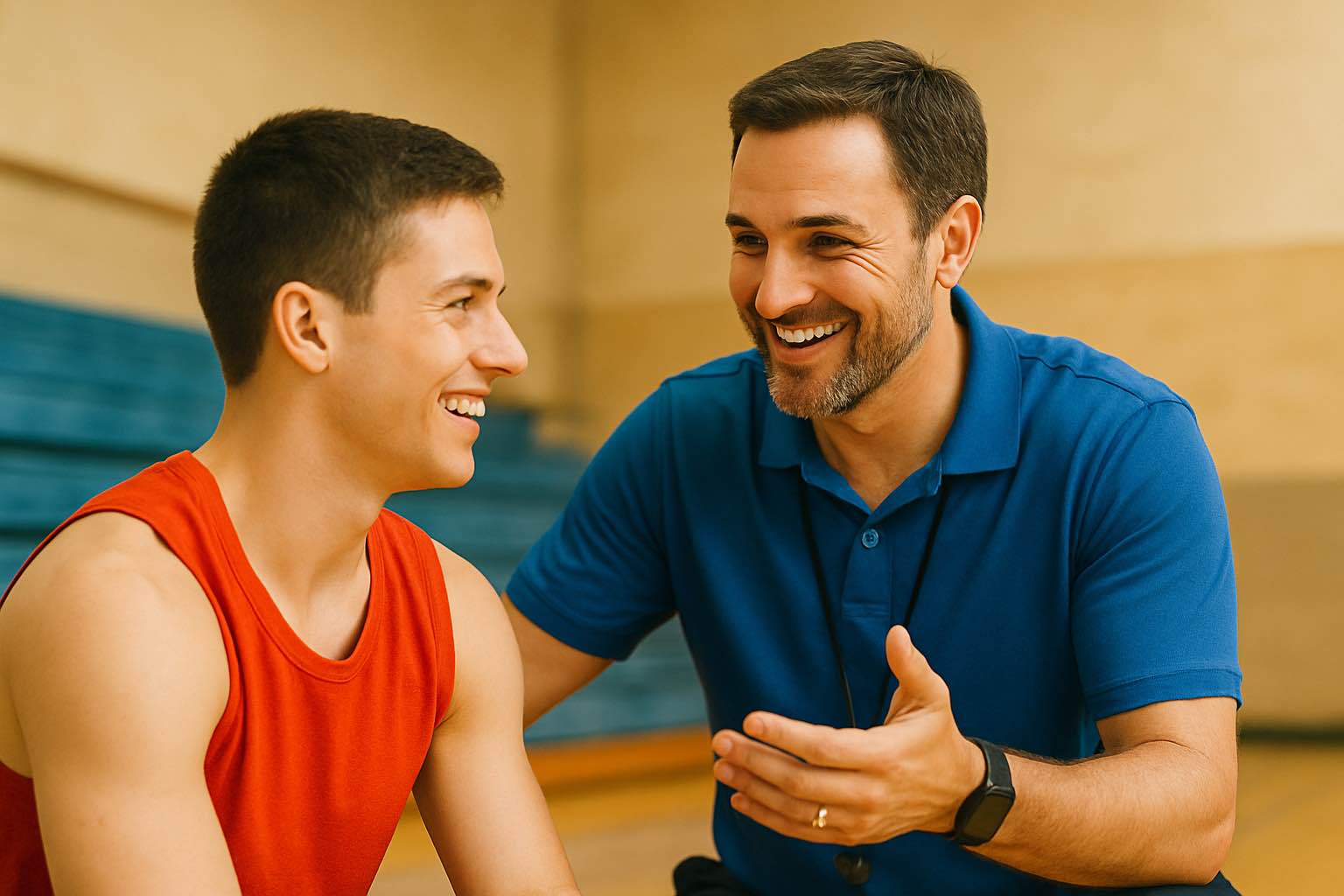Exceptional sports coaching transcends mere technical knowledge and game strategy. The most successful coaches combine scientific expertise with profound human connection, creating environments where athletes thrive both on and off the field. Effective coaching requires a multifaceted skill set that addresses every aspect of athlete development.
🧠 Technical & Practice-Design Skills
Mastery of Sport Fundamentals
- A coach must possess a deep, up-to-date knowledge of rules, tactics, and training principles. This comprehensive understanding, from fundamental skills to advanced strategy, forms the foundation upon which all other coaching abilities are built, enabling them to teach skills correctly and plan seasons logically.
Excellence in Practice Design
- The ability to run high-quality, efficient, and progressive practices is a top predictor of coaching success. Great coaches design training sessions that are often tougher than competition, ensuring they get the best out of athletes and prepare them for any challenge, rather than just running aimless drills.
💬 Communication & Relationship Building
Clear and Effective Communication
- By using clear, concise language to explain drills, goals, and feedback, a coach keeps athletes focused and confident. The ability to keep everything simple and easily understood is a hallmark of a coach who exudes credibility, competence, and respect.
Active Listening and Empathy
- Truly effective coaches practice active listening and empathy to "know the athlete." This allows them to tailor advice to individual learning styles and emotional needs, which builds deep, lasting trust. They welcome athlete comments, questions, and input, recognizing that awareness of individual differences is key to excellence.
Building Safe Relationships
- Coaches who use consistently positive and supportive messaging build a safe learning climate where athletes feel comfortable taking risks. By learning names, getting to know each athlete, and creating empathetic connections, they build relationships that help athletes collaborate, make friends, and perform at a higher level.
🔥 Motivation & Inspiration
Fostering Intrinsic Motivation
- Great coaches spark intrinsic motivation, turning effort and resilience into daily habits that last a lifetime. They focus on pointing out successes, encouraging improvement, and teaching necessary skills, letting athletes know what they do well in addition to what needs work.
Demonstrating Passion and Enthusiasm
- A coach's visible passion and enthusiasm are contagious. The best coaches are in the profession because they love it, and this commitment helps athletes stay engaged through grueling training blocks or losing streaks.
Process-Focused Goal Setting
- By emphasizing process goals (controllable effort) over outcome goals (the scoreboard), coaches keep athletes grounded and reduce performance anxiety. These goals focus on the behaviors that lead to results—like training consistency and workout success—which better indicate true improvement.
🧭 Leadership & Management
Effective sports coaching requires strong leadership capabilities that guide team culture and drive performance. Key leadership traits include:
| Trait | Why It Matters |
|---|---|
| Decisive Leadership | Guides team culture, resolves conflict, and sets clear standards. |
| Integrity & Discipline | Builds credibility and psychological safety through fair, consistent rules. |
| Lead-by-Example Behavior | Motivates athletes to mirror the coach's work ethic, attitude, and respect. |
| Planning & Organization | Maximizes limited training time with sound session, season, and logistics planning. |
| Adaptability & Problem-Solving | Keeps the team competitive through rapid tactical changes and adjustments. |
💡 Continual Learning & Creativity
Commitment to Professional Development
- The best coaches strive to "learn faster than their athletes." They remain relevant and stay ahead of rivals by actively seeking new research, certifications, and peer feedback in the ever-evolving landscape of sports.
Creative Innovation
- Creativity is what separates good coaches from elite ones. While good coaches can follow a program, great coaches invent winning programs by creating new drills, strategies, and motivational techniques that boost confidence and enhance decision-making.
❤️ Holistic Athlete Welfare
Comprehensive Care Approach
- Top coaches recognize that performance stems from a well-balanced person, not just physical output. They take a holistic approach by monitoring recovery, nutrition, and mental health, acknowledging that an athlete's well-being is deeply connected to their performance.
Individualized Development
- Individualized care fosters long-term development and loyalty. This requires respecting each athlete's unique background, strengths, and stressors, and considering their physiological and psychological attributes when developing training plans.
✅ Putting It All Together
Elite sports coaching is a blend of art and science—a dynamic mix of technical expertise and genuine human connection.
While technical knowledge sets the foundation, it is communication, empathy, and leadership that turn that knowledge into performance gains. A relentless appetite for learning ensures the coach keeps evolving alongside their athletes.
Research consistently shows the top characteristics of successful coaches are:
- The quality of their practices
- How they communicate with and motivate athletes
- Their ability to develop an athlete's skills
- A strong, fundamental knowledge of the sport
By mastering these interconnected traits, coaches create environments where athletes not only excel in their sport but also develop into confident, resilient individuals prepared for lifelong success.



